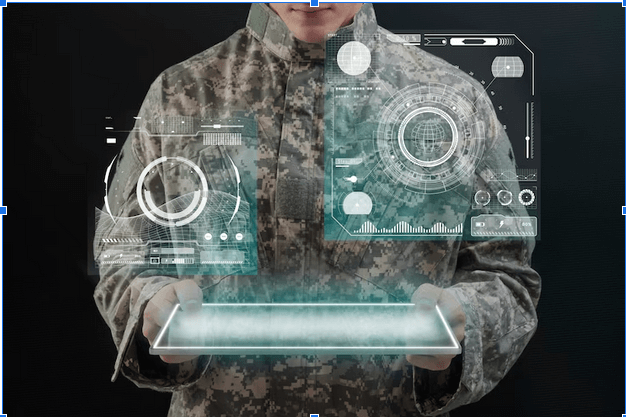Defence industries are responsible for creating advanced weapon systems and cutting-edge technologies that help protect soldiers and ensure mission success. At the heart of these efforts is engineering, which plays a critical role in every aspect of defence industry operations. From designing and developing new technologies to testing and evaluating systems for reliability and effectiveness, engineers are the driving force behind the most advanced defence technologies.
In Australia, the defence industry is a vital sector, employing thousands of highly skilled engineers who work on some of the most advanced defence projects in the world. Defence Engineers in Australia play a key role in developing technologies and systems that help protect the nation and its allies, and they work closely with government agencies and industry partners to ensure the success of each mission.
Defence engineers play a variety of important roles in the defence industry, including:
- Creating Advanced Defense Technology
Creating advanced defense technology involves utilizing cutting-edge scientific and engineering knowledge to develop innovative tools and systems that can help protect a country’s citizens and interests. This often involves significant investment in research and development to ensure that the resulting technologies are effective and reliable. Advanced defense technology can take many forms, including weapons systems, surveillance and intelligence-gathering equipment, and cybersecurity measures. It requires collaboration between government agencies, private companies, and academic institutions to bring together the necessary expertise and resources.
- Testing System Reliability
Testing system reliability is a critical aspect of defense engineering, as it is essential to ensure that military systems and equipment function effectively and safely in high-stress and high-stakes environments. Defense engineers are responsible for designing and developing advanced technologies that can protect military personnel, deter potential adversaries, and achieve military objectives. Testing is a crucial part of the development process, as it can help to identify and mitigate potential weaknesses or vulnerabilities in the system.
- Compliance with Regulations Ensured
In addition to designing and testing systems, defense engineers play a crucial role in ensuring that the technologies and systems they develop are compliant with regulations and standards. This requires a deep understanding of the legal and regulatory frameworks governing the development and use of defense systems. Engineers must work closely with government agencies and industry partners to ensure that their systems meet the necessary safety and security standards. In many cases, they may be required to undergo rigorous certification and testing processes to demonstrate compliance. Beyond regulatory compliance, defense engineers must also consider the ethical implications of their work, particularly in areas such as autonomous weapons and surveillance technologies. It is essential that these systems are developed and used in a responsible manner, with careful consideration given to their potential impact on civilian populations and international security.
- Balancing Advanced Technologies for Safety and Reliability
Defence engineering is a challenging field that requires balancing advanced technology with safety and reliability. In designing defence systems, engineers must prioritize the safety and well-being of soldiers who will use them, while also ensuring that the systems can withstand the rigours of combat. This means that defence engineers must consider a wide range of factors, including the durability of materials, the performance of critical components, and the potential impact of new technologies on human health and safety. At the same time, defence engineers must also be able to adapt to changing needs and requirements in the field, as new threats and challenges emerge over time. Ultimately, the success of defence engineering depends on the ability to balance these competing priorities and deliver innovative, effective solutions that can protect soldiers and help them achieve their mission objectives.
- Eco-Friendly Defense Operations
Minimizing the environmental impact of defence operations has become an imperative for military organizations worldwide, as they are major consumers of energy and resources. By reducing carbon emissions from vehicles and equipment, militaries can contribute to global efforts to combat climate change, and save money in the process. Managing waste responsibly is also crucial, as hazardous materials such as munitions and fuel can have serious environmental consequences if not disposed of properly. Additionally, using sustainable materials can reduce the demand for non-renewable resources, and minimize the overall impact of military activities on ecosystems.
Conclusion
Engineering plays a vital role in the defence industry, from designing and developing new technologies to testing and evaluating systems for reliability and effectiveness. Defence engineers in Australia are at the forefront of these efforts, working on some of the most advanced defence projects in the world. They play a critical role in developing technologies and systems that help protect the nation and its allies, and they work closely with government agencies and industry partners to ensure the success of each mission. Defence engineering is a challenging and rewarding field that offers exciting opportunities for those with the skills and passion to succeed.

